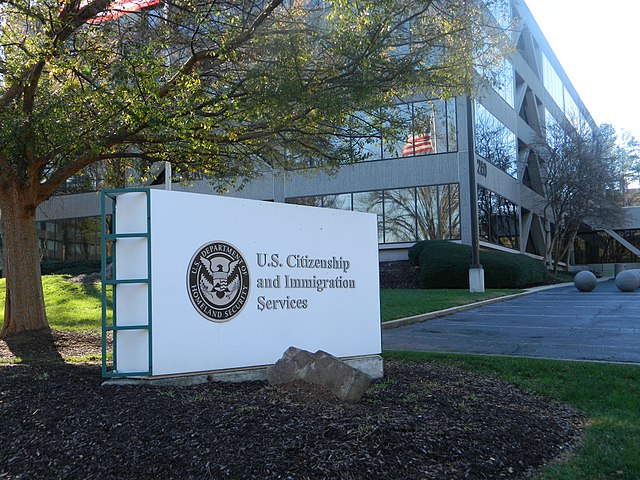

The Day Everything Changed: 9/11 and the Death of the INS
Twenty-four years ago, the tragic events of September 11, 2001, reshaped American life—and perhaps no area of public policy was more deeply affected than immigration. Before that day, U.S. immigration was managed primarily by the Immigration and Naturalization Service (INS), a federal agency that—despite its bureaucratic flaws—operated with the word “service” in its name and mission. Immigration law practitioners knew INS as an agency focused on processing applications, family reunification, and ensuring that immigrants had a pathway to legal status.
But in the wake of the attacks, the U.S. government made a seismic shift: from service to surveillance, from welcome to watchlist. INS was dismantled and replaced by three new agencies under the newly created Department of Homeland Security (DHS):
-
USCIS (U.S. Citizenship and Immigration Services)
-
ICE (Immigration and Customs Enforcement)
-
CBP (Customs and Border Protection)
Each was designed with security, not service, as its guiding principle.
Patriot Act and the Rise of Surveillance Over Support
Passed just 45 days after the attacks, the Patriot Act expanded the U.S. government’s surveillance powers over citizens and non-citizens alike. Immigration was no longer a matter of lawful presence or documentation—it became a question of potential threat.
Immigrants, students, and even green card holders were swept into an expanding web of monitoring and suspicion:
-
Biometric fingerprinting became standard for applications.
-
The SEVIS system (Student and Exchange Visitor Information System) allowed the government to track international students in real time.
-
The Secure Communities program forced local law enforcement to share fingerprint and arrest data with DHS, even if someone had not been convicted of any crime.
Local police departments were increasingly militarized—equipped with bulletproof vests, rifles, and armored vehicles—and in some jurisdictions, police officers were deputized to act as ICE agents. Community trust eroded. For immigrant families, a traffic stop could mean deportation proceedings.
Service Lost: How the New Immigration System Feels to Families
Under the pre-9/11 system, an immigrant’s primary interaction was with a government clerk, a USCIS officer, or an immigration judge. The tone, while not always welcoming, was at least administrative. Today, immigrants face a maze of agencies often driven by enforcement first, compassion last.
For many, the system now feels adversarial by design. Green card applications are scrutinized like criminal investigations. Asylum seekers face prolonged detention. Families live in fear, not because they’ve done something wrong, but because the system no longer assumes they belong.
Has the U.S. Struck the Right Balance?
It’s fair to ask whether America has gone too far. Of course, national security matters. Every country has a sovereign right to protect its borders. But at what cost?
-
When family-based immigration takes years because of intense background checks
-
When international students are viewed as potential overstayers, not future innovators
-
When undocumented children fear that their parents could be taken away in a traffic stop
-
When ICE raids shatter communities and churches become sanctuaries
Then we must question whether the current framework truly reflects American values.
A Path Forward: Remembering, Rebuilding, and Reforming
As we honor those lost on 9/11, we must also reflect on what kind of nation we have become. Security is essential—but so is compassion, due process, and dignity for those who seek the American Dream.
At Spar & Bernstein, we’ve seen firsthand how these policies affect real people—students, families, entrepreneurs, refugees. And we know this: our clients are not threats. They are teachers, nurses, builders, parents, and dreamers.
Our job as immigration attorneys isn’t just to file paperwork. It’s to fight for fairness in a system that sometimes forgets the humanity of the people inside it. It’s to remind the government—and the public—that immigration is not just about protection. It’s also about possibility.
How Spar & Bernstein Can Help
If you or a loved one is navigating this increasingly complex immigration landscape, you’re not alone. Whether you’re facing removal proceedings, dealing with delays in your green card or visa, or unsure how new enforcement policies affect you, we’re here to help. At Spar & Bernstein, we advocate for your rights, your future, and your peace of mind—with experience that spans decades and a commitment that’s never wavered.
Let’s remember 9/11 by choosing hope over fear, justice over suspicion, and unity over division. Let’s build a future where immigration is once again a service, not a standoff.
Contact Spar & Bernstein today to explore your options, protect your status, and secure your future.




